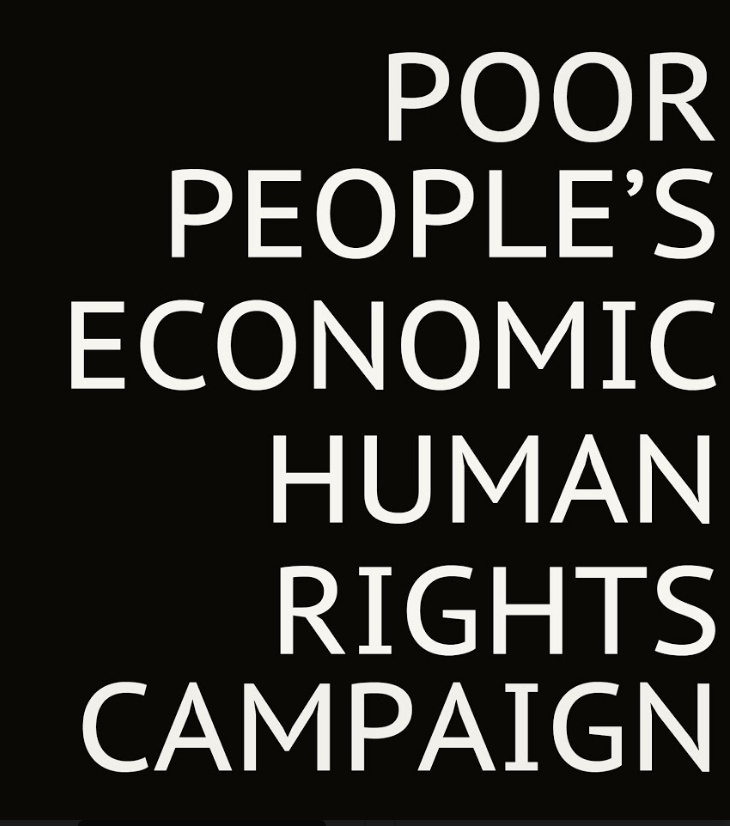The Hope of the Zapitistas
Written for the Poor People’s Army Blog
Since the fall of the Soviet Union and the so-called “end of history,” the Zapatista Army of National Liberation has been one of the greatest beacons of hope for anti-capitalists worldwide.
The Zapatista Army (Ejército Zapatista de Liberación Nacional, or EZLN) arose out of the longstanding oppression of indigenous people in Chiapas, Mexico’s southernmost state. Their rebellion against Mexico was centered around the North American Fair Trade Agreement (NAFTA), which ended the Mexico constitution’s protections of indigenous communal land from sale or privatization.
The EZLN led an armed uprising on New Year’s Day in 1994, the day that NAFTA went into effect, and were able to take control of a significant amount of Chiapas, which they maintain to this day as an autonomous zone within Mexico. They have long organized through autonomous governments representing villages and regions, with significant input from their civilian population.
In the 30 years since their uprising, the EZLN has left several positive impacts, including improvements to health care, education, and women’s rights. They have also inspired and provided a roadmap for anticapitalist movements around the world.
The Zapatistas may face different conditions and challenges than those of us fighting oppression from the United States and different corners of the world. But no matter how different those challenges may feel, the injustices they battle share links to our collective struggle. And organizers everywhere can learn from the EZLN.
The Battle Against Patriarchy
The Zapatista women provide a glaring example of how different forms of oppression become intertwined. The indigenous population of Chiapas long confronted oppression stemming from wealth inequality and the lingering impacts of colonialism. And indigenous women in Chiapas faced greater hurdles because of gender-based discrimination and violence.
“We are oppressed three times over, because we are poor, because we are indigenous, and because we are women,” Comandanta Ester, an EZLN revolutionary, said in a 2001 speech.
But women played key roles in the EZLN’s armed uprising and continue to do so in the Zapatistas’ community affairs. On the day of the rebellion, the EZLN announced the Women’s Revolutionary Law, which gave women the rights to compensation for their work, pursue an education, and choose their romantic partner and the number of children they have, among other liberties.
No part of the world is untouched by patriarchy, but its power can be crushed with a bottom-up approach to organizing. Sure, perhaps a woman will one day become president of the United States. But if she reached her position by aligning her interests with that of the imperialist nation she leads, then what will that do for the women most victimized by our violent empire? Nobody is free until all of us are free. And that requires a movement focused on full bottom-up mobilization, rather than individual accolades.
The Internet And Revolution
In the early and mid-1990s, a network of supporters helped the Zapatistas spread information and updates via the world wide web, which was then in its infancy. At that time, the internet was most widely accessible in North American and Western European nations. And the Zapatistas’ online presence helped them educate web users about their uprising, indigenous rights, and NAFTA’s brutal consequences, while they connected with organizations around the world.
That was before the dot-com era, let alone the age of social media. And the modern internet is worlds apart from the early 90s. Online communications have been largely concentrated on social media platforms, which feature algorithms designed to distract from true political education. The question of how organizers can best use the internet for revolutionary purposes is a constant discussion, and the answers change as the rapidly evolving internet changes. But there's no doubt that the internet gives us ways to connect with people in different parts of the world in ways we haven’t before, from Chiapas to Palestine. And revolution requires using the capabilities of modern technology to our advantage.
It’s important to note, however, that the Zapatistas empowered themselves through in-person communities and a political process of significant face-to-face interaction among the general population. Overcoming the corporate internet’s power means building stronger community bonds, as well as using that technology to connect with communities throughout.
One Struggle
As a U.S. organization headquartered in Philadelphia, many of us in Poor People’s Army lead starkly different lives than the Zapatistas. One key difference is our relationship to the imperial core. The United States sets the world order through violence and financial domination. Americans live within the belly of the beast, but nobody in the world is untouched by U.S. hegemony.
NAFTA created a trade bloc between the United States, Canada and Mexico, breaking down barriers for capitalists to trade, invest and conduct business in the three nations. That meant even fewer restrictions for the ultra-wealthy to dominate economies outside of their nation’s borders.
When Ronald Reagan announced his presidential campaign in 1979, the push for a North American free trade zone was a key part of his platform (NAFTA was ratified in 1988 under President George H.W. Bush’s administration). Despite our differences, trickle-down Reaganomics represents a common enemy among poor Americans and many indigenous people of Mexico.
Income inequality has only grown since. NAFTA has since been replaced by the United States-Mexico-Canada Agreement (USMCA), but the power imbalance between the rich and poor has only grown.
As poverty and homelessness become more widespread in the imperial core, it’s important for us to collaborate with our international allies. The Zapatistas have inspired anticapitalists in the post-Soviet era. It’s up to us to return the favor by building anticapitalist power in our own communities and fighting back against the U.S. government’s global oppression.



